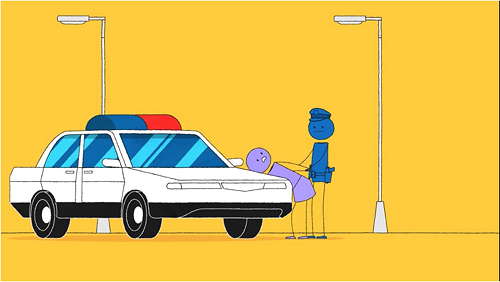June 8, 2022
Vermont Governor Phil Scott signed H.746, An act relating to an amendment to the charter of the City of Burlington, striking harmful language from the city’s charter. In March, 69% of Burlington residents voted to support equity, safety, and dignity by opting to remove the discriminatory language prohibiting sex work.
The charter change was then proposed for approval by both chambers of the state legislature. It was passed by a vote of 105 to 33 in the House and on a unanimous voice vote in the Senate. The Governor’s signature on the bill affirms that this type of language perpetuates stigma that can be harmful and does not belong in laws.
Vermonters who engage in consensual adult sex work and individuals who have experienced trafficking urged voters and legislators to make this critical amendment to the city charter. “We have been criminalized and marginalized for too long,” said Henri June Bynx, co-founder of The Ishtar Collective, Vermont’s only organization run by and for sex workers and survivors of exploitation or trafficking. “We are asking our neighbors to recognize us as deserving of dignity and bodily autonomy. This charter change is a vital step towards improving the health and safety of individuals who engage in sex work consensually and those who are trafficked into it,” Bynx continued.
The charter amendment will not decriminalize prostitution in Burlington; state law will continue to criminalize sex work. Significantly, the overwhelming support in favor of the amendment demonstrates that voters and legislators can distinguish between consensual adult sex work and the horrific crime of human trafficking. Understanding this distinction is crucial for communities to combat trafficking into sex work effectively.
The only opposition to the charter change came from individuals and groups who conflate human trafficking and consensual adult sex work. When and where this conflation occurs, as it does in most of the laws governing sex work in the U.S. and around the world, trafficked individuals face enormous barriers to freedom and services because of laws and language that discriminate against and punish sex workers. Trafficking survivors are on average arrested seven times before they are able to escape exploitation because current prostitution and anti-trafficking laws make it impossible for victims and witnesses to report exploitation without risking prosecution themselves. When innocent people are arrested and prosecuted, victims face barriers to services, and exploitation proliferates in the underground market. Removing the archaic language from the City Charter is an important step towards addressing trafficking into sex work in a manner that actually helps victims.

DSW Newsletter #37 (June 2022)
Burlington’s Vote To Strike Language on Sex Work From City Charter Becomes Law

DSW Research and Project Manager Testifies at Legislative Study Commission

A Long Overdue Bill Repealing the “Walking While Trans Ban” Heads to Gov. Newsom’s Desk

DSW Staff Commemorates Pride

